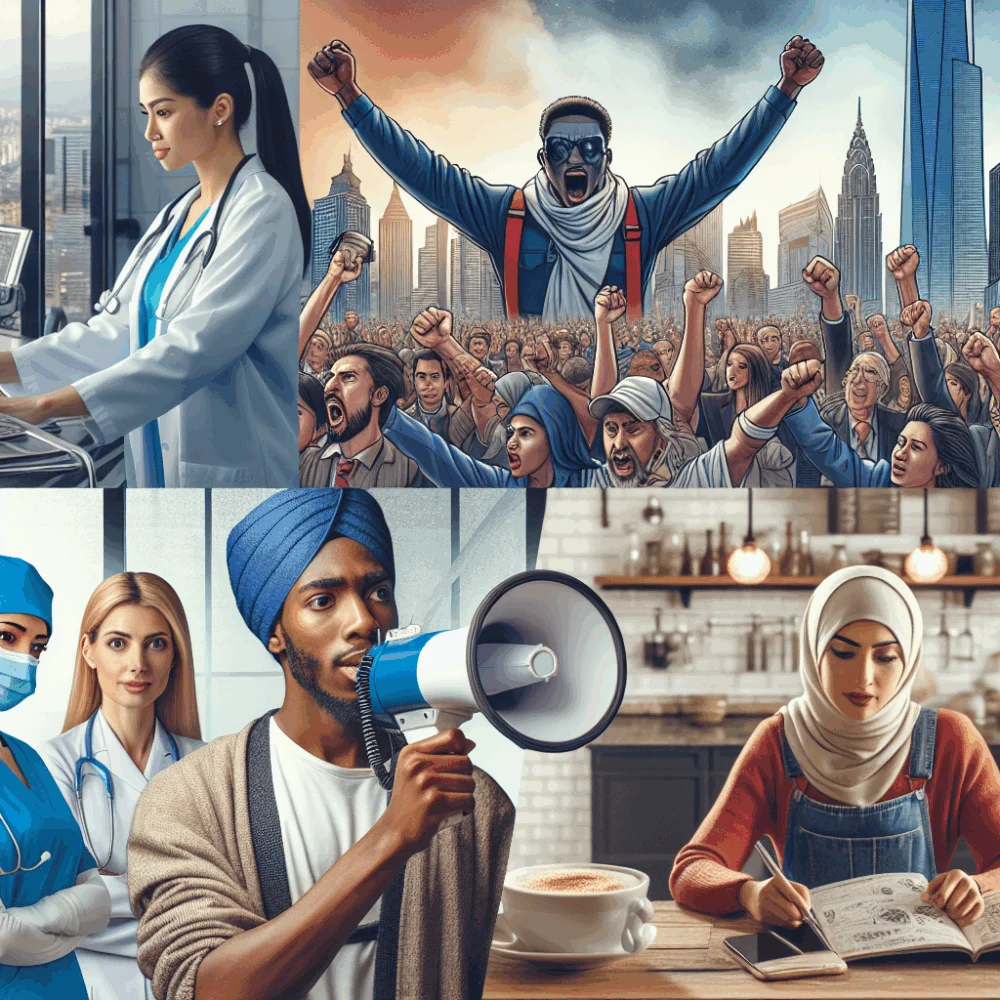Introduction to the FrontlineIn today’s fast-paced world, the term frontline has transcended its traditional usage and found relevance in various domains, from healthcare to business. The concept primarily refers to the first line of defense, where individuals or systems directly engage with challenges or crises. In a healthcare setting, for instance, frontline workers, such as doctors and nurses, are on the ground, facing the brunt of situations that require immediate and effective responses. This article will delve deeper into the multidimensional aspects of the frontline, exploring its significance, challenges, and the evolving definitions in contemporary society.Throughout history, the idea of being on the frontline is often associated with heroism and sacrifice. Frontline workers are not only tasked with managing challenges but also with making critical decisions that can impact lives significantly. The ongoing pandemic has highlighted the courage of healthcare professionals but also the immense pressure and burnout they face daily. Understanding the intricacies of this frontline experience is vital for appreciating the support structures needed to empower these individuals.One important factor to consider is the emotional toll that frontline workers often endure. By being constantly exposed to traumatic situations, they can face what is now widely recognized as vicarious trauma. This is a phenomenon where professionals who have to engage with suffering can themselves begin to experience the emotional and psychological impact related to those events. Recognizing these aspects is crucial for creating supportive environments that not only acknowledge their struggles but also provide necessary mental health resources.In addition, the term frontline is increasingly relevant in the context of technology and the corporate landscape. Employees in organizations often occupy the frontline in customer service roles, logistics, and sales, acting as the first point of contact with clients. Indeed, nurturing this frontline workforce is essential for achieving organizational success and meeting customer satisfaction. Understanding the nuances of their experiences can lead to more effective strategies for engagement, retention, and motivation.The Evolution of Frontline DefinitionsAs society evolves, so too does the definition of what it means to be on the frontline. Traditionally viewed through the lens of military or emergency response, the concept is expanding to include social justice fronts, environmental advocacy, and community organizing. Activists and advocates who embody the frontline spirit often face pushback and resistance, yet they play a critical role in driving societal change.For example, climate change activists are now considered to be on the frontline of one of the greatest challenges humanity faces today. Their work involves not only raising awareness but also pushing for tangible policy changes and alternative practices that could bring about a more sustainable future. The risks associated with this form of frontline work are tangible, from legal ramifications to societal ostracism.Moreover, in the context of social justice, frontline activists are essential in ensuring that the voices of marginalized communities are heard. They face constant challenges in their efforts to bring about change. As more individuals recognize their roles within this landscape, the definition of what it means to be on the frontline continues to reshape the discourse surrounding social issues.Conclusion: The Future of Frontline EngagementAs we move forward, the importance of recognizing and supporting those on the frontline cannot be overstated. Be it in healthcare, business, activism, or any other realm, these individuals and their contributions are invaluable. The increasing complexity of frontline engagements calls for a concerted effort to understand their experiences and provide holistic support systems.In conclusion, embracing the diverse interpretations of the frontline allows us to appreciate the shared human experience and the challenges that come with it. This broadening viewpoint will enable a more compassionate response to the needs of those who serve on the frontline, ultimately contributing to more resilient systems and communities. Let us not forget that every frontline worker contributes significantly to the fabric of our societal structure, and recognizing their worth is a step towards a better future for all.










